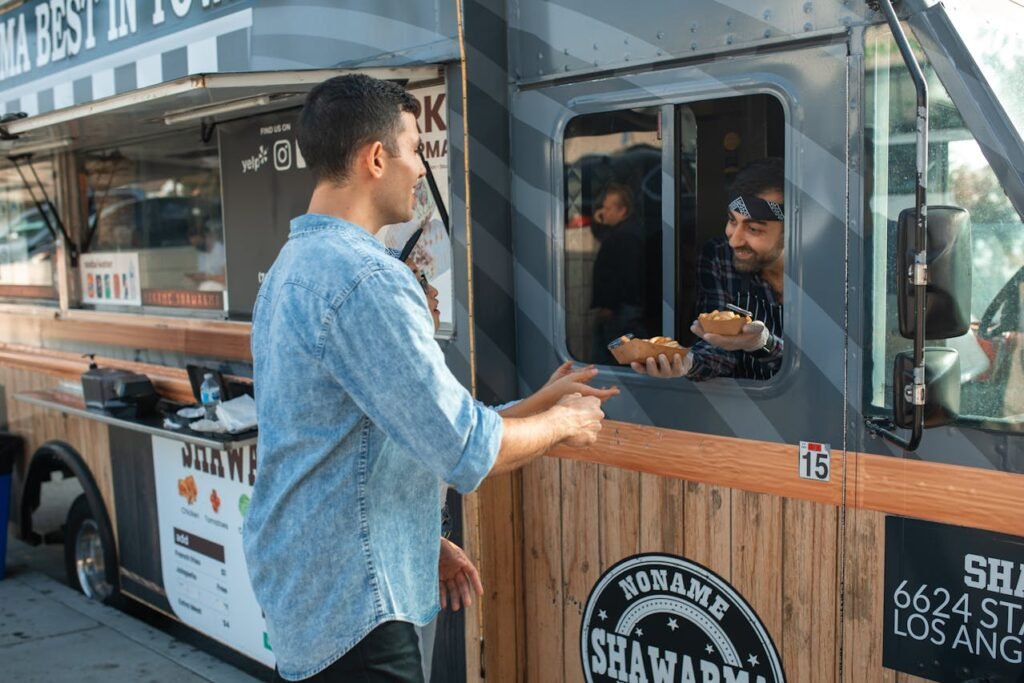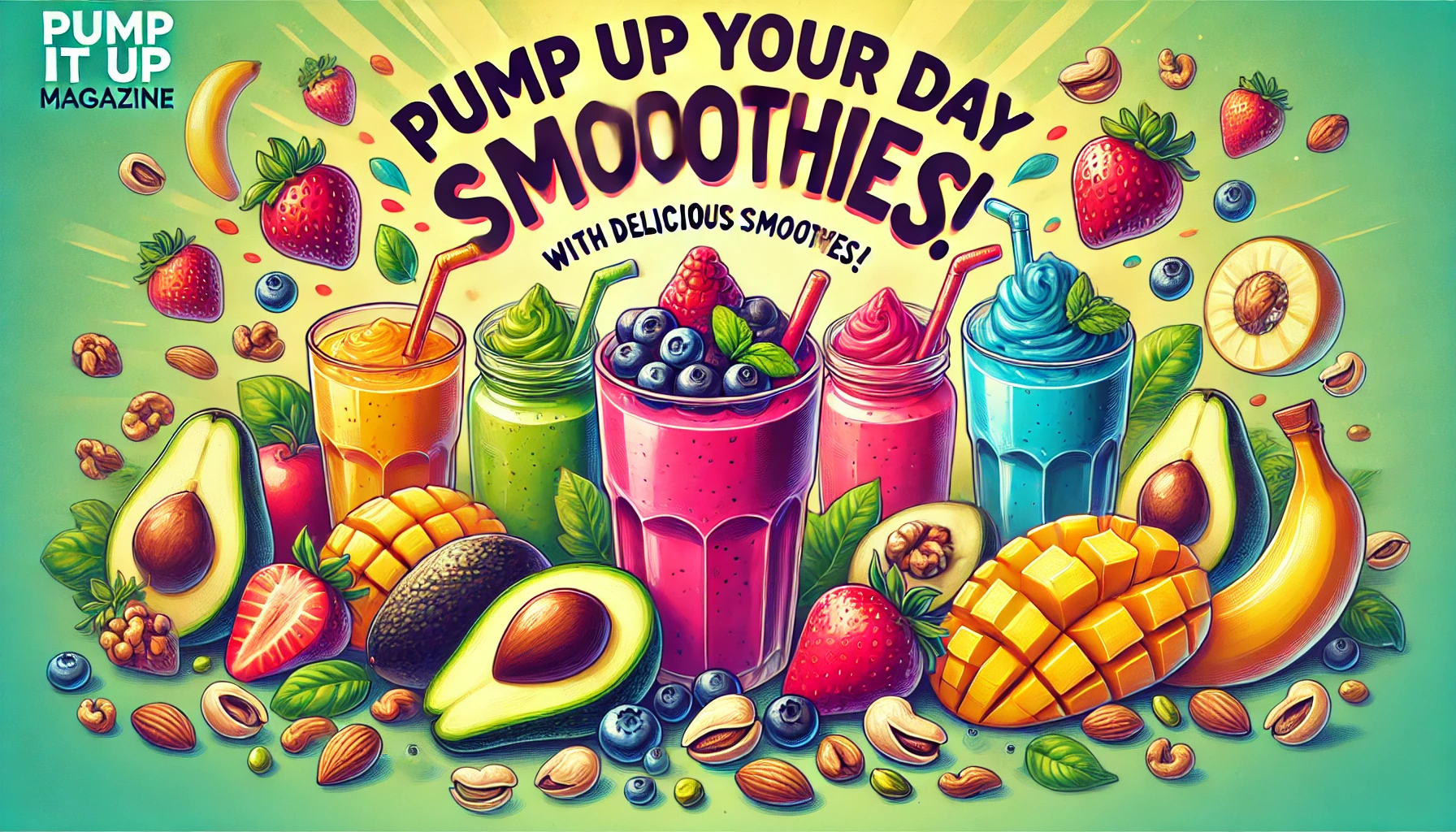In a city that treats brunch like a lifestyle and tacos like a sacred ritual, food isn’t just food—it’s part of the identity. Los Angeles has always taken its dining scene seriously, from kombucha on tap to farm-to-table menus that read like novels. But there’s something deeper simmering under the surface. Behind the perfect flat lays and reservations booked two weeks out, a silent pattern is showing up: what people eat is starting to reflect how they feel. And it’s not just about cravings. It’s about control, escape, dopamine, and all the messy parts of being human in a place that never seems to slow down.
When mental health and eating habits cross paths, they often leave subtle clues. Sometimes it’s skipping meals without realizing, eating late at night when the brain won’t shut off, or suddenly craving childhood comfort foods after a tough week. The truth is, food can become a barometer for what’s going on inside. And in a city like LA—where the line between indulgence and wellness gets blurry—it’s not surprising that people are starting to ask deeper questions about the emotional hunger behind the actual hunger.
Why Your Craving for Street Tacos Might Not Be About the Tacos
Every Angeleno has that spot. Maybe it’s the tamale guy near Echo Park, the vegan pad Thai truck off Venice, or the hole-in-the-wall ramen joint in Sawtelle that somehow heals everything. But the emotional pull toward food can sometimes be about more than flavor. It can be about grounding yourself after a chaotic day, recreating a nostalgic memory, or simply trying to feel something when everything else feels numb.
In places like Santa Monica, La Jolla, or even the food trucks tucked away in Koreatown, food offers more than fuel—it offers a moment to pause. A moment to feel present. That’s because mental health and eating are intimately connected, often in ways people don’t even realize. Anxiety can dull appetite or drive it up. Depression can lead to forgetfulness around meals or emotional eating that feels compulsive. Even burnout has a way of distorting hunger cues. And in a city that praises productivity over rest, those patterns can become hard to notice, much less untangle.
Comfort Food, Cortisol, and the Rise of Virtual Support
There’s an invisible loop that plays out in kitchens and cafes across LA every day. Stress hits, cortisol spikes, cravings kick in, and before you know it, the fourth oat milk latte of the day is going down like a sedative. While that might feel harmless in the moment, it starts to form a mental-emotional rhythm. If the only coping tool is food, then stress becomes harder to manage without it. That’s where newer mental health options are quietly stepping in to make a difference—without the pressure of face-to-face therapy or scheduling chaos.
One of the most effective, and honestly most realistic, resources for people juggling too much in cities like LA is a virtual IOP in California. It bridges the gap between needing real help and not being able to pause life for long enough to drive across town and sit in a waiting room. It’s structured, supportive, and rooted in evidence-based care—but it works with your schedule instead of against it. It’s for the people who are high-functioning but low-key spiraling. The ones who are posting avocado toast but secretly battling insomnia or panic attacks. It’s modern, it’s flexible, and it’s changing how recovery fits into real life—not some idealized version of it.
The Lonely Side of Food Culture (Yes, Even in LA)
You wouldn’t think isolation would be an issue in a city this social, this loud, this saturated with pop-ups and patio dining. But loneliness here doesn’t always look like it does in the movies. It can hide behind packed calendars and curated Instagram grids. And when that quiet ache starts to creep in, food often becomes a replacement for connection.
That’s why the growing interest in free activities to improve your mental health isn’t just trendy—it’s necessary. From sunset hikes in Griffith Park to beach yoga in Venice to community cookouts in Boyle Heights, these events offer something that food alone can’t: human connection without the pressure of performance. They strip away the gloss and give people a chance to be real. And when shared meals happen in those spaces, they hit differently. Not because of the flavor, but because of the meaning attached to them. That kind of emotional nourishment is hard to fake and even harder to find in a fast-paced food-obsessed culture. But it’s starting to surface, and it matters more than most people think.
Making Room for Stillness Between Bites
There’s a sensory overload baked into the LA lifestyle. Between traffic, noise, screens, and constant movement, it’s rare to sit down without some form of stimulation. Meals get eaten in cars, over laptops, or on the phone. And all of it adds up. The body starts living in fight-or-flight mode. The mind doesn’t register fullness or pleasure the way it should. And digestion—the literal processing of nourishment—gets compromised along the way.
Mental health care in this city doesn’t always mean therapy in a sterile office. Sometimes it means taking a walk without earbuds. Sitting in a park with a sandwich and doing absolutely nothing else. Talking to a stranger in line at Erewhon instead of doomscrolling. Even lighting a candle and eating something warm at home without multitasking can reset the nervous system. These small shifts sound simple, but in a city that runs on overstimulation, they’re quietly revolutionary. They tell the brain: it’s safe now. You’re allowed to enjoy this.
A Bite of the Bigger Picture
Food will always be a love language in Los Angeles. The farmers markets, the street vendors, the late-night dumpling spots—they’re not going anywhere. But the relationship between food and mental health is becoming harder to ignore. What’s on the plate says a lot about what’s going on inside, and people are finally beginning to listen to that deeper hunger.
It’s not about giving up the donuts or detoxing from dairy. It’s about checking in. Asking why the cravings show up when they do, or why meals are skipped altogether. It’s about noticing how emotions influence what’s eaten, when, and why—and doing something about it before the stress starts writing the menu.







